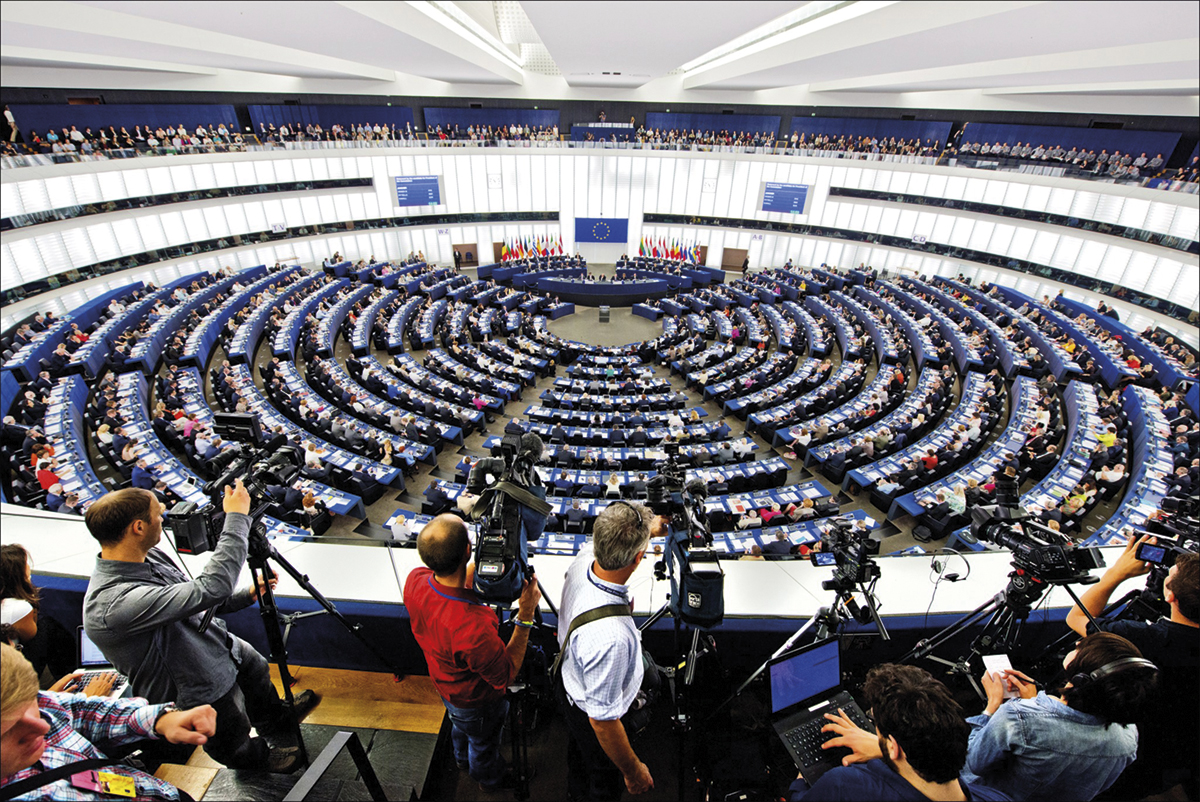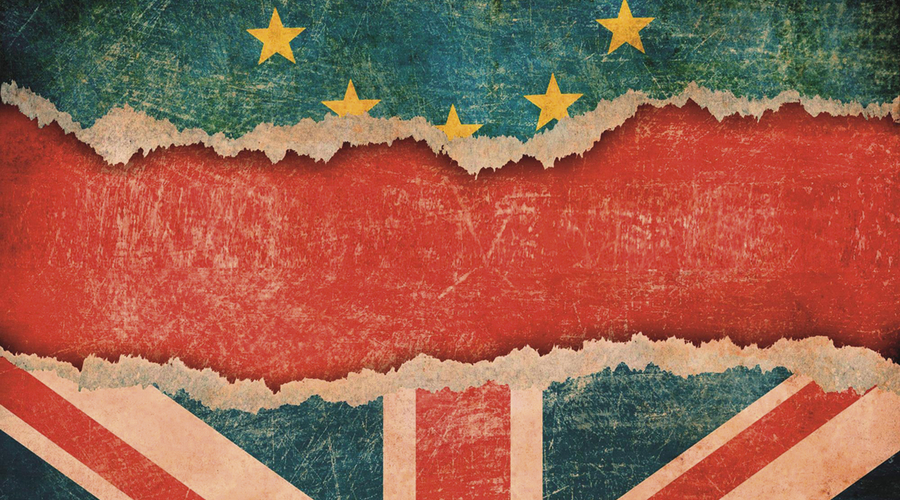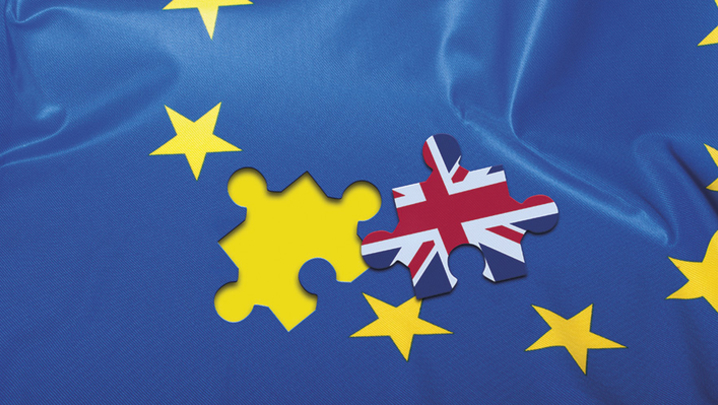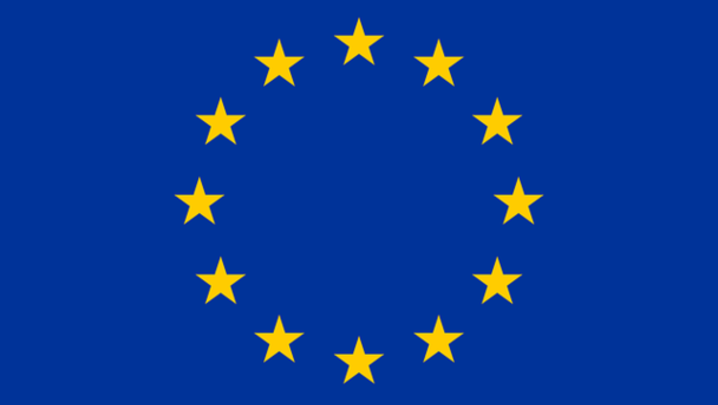John McVay provides a user’s guide to how leaving the EU is likely to affect Britain’s production community.
Emerging from the Christmas fug of too many late nights, too much mulled wine and – at least for me – a strictly non-vegan feasting period, we all have to stare 2019 squarely in the eye, pull our socks up (a nice present that you appreciate with the passing years) and utter the dreaded word that so far has not made it into my festive games of Scrabble – Brexit.
If, like me, you were suffering from Brexit overload before the Christmas break, then the Westminster news blackout over the holiday period was a welcome respite.
But, with Brexit once again dominating the news agenda, it would be wrong to ignore what it may mean for the UK’s broadcasting, production and distribution sectors.
Of course, all of this is subject to the following health warning. We may have one or more of: no deal, remain in the EU, have a new PM, a general election or another referendum.
Digital Single Market
The Government has said that the UK will not be a part of the Digital Single Market. However, the UK does want to continue to have a relationship with the EU on digital policy.
This will cover digital trade and e-commerce, telecommunications and digital infrastructure, digital technology and broadcasting.
The Government’s promise of a future “digital relationship” on broadcasting with the EU, and its recognition of the cultural and economic importance of the industry is, on paper, encouraging.
At this stage, however, it is a bit like a letter to Santa – quite a lot of asks but no idea what we will actually end up with.
European works
The Government has confirmed that content originating in the UK will still be classed as “European works”. Member states and others outside of the European Economic Area that are party to the Council of Europe’s Convention on Transfrontier Television (ECTT) are included within the European works content quota.
Leaving the EU will not affect the UK’s position in the ECTT, as the Council of Europe is separate from the EU.
UK high-value programming will continue to qualify as European for territories we sell into.
So, our high-value programming will continue to qualify as European for the majority of the territories we sell into. But we should anticipate that Santa’s little French helpers may try to spoil future Christmases.
At least for now, this gives medium-term clarity for UK sales and financing, but it will probably also be raised by EU buyers seeking a discount on longer-term deals.
On the other hand, it makes no commercial sense to me that EU broadcasters, happy with quality UK programmes that are popular with their audiences, would decide to stop buying them.
After all, US shows have been a constant feature of European schedules for many years. On this, we have to make sure that the UK Government (which will still be a member of the Council of Europe) remains vigilant.
Visas and immigration
Continued access to talent and skills is key to maintaining a thriving UK creative industry, and free movement of (very talented) people has been part of why the UK has developed such an important audio-visual sector, particularly in VFX and distribution.
The Government has stated that freedom of movement will end when the UK withdraws from the EU.
However, EU rules on immigration will continue to apply in the UK until December 2020, the agreed implementation period.

This is, of course, contingent on the Government being able to continue with its current plans and the UK not leaving the EU without a deal.
After 2020, there is, to put it mildly, a degree of uncertainty.
Although the Government has stated the importance that it attaches to the continued mobility of “talented individuals and groups to support cultural, creative and sporting co-operation”, it has also recognised there are some areas within the creative industries with skill shortages.
These require non-UK workers to fill the gap.
This will be affected by how the Government responds to and implements the recommendations of the Migration Advisory Committee (MAC) for European Economic Area (EEA) migration post-Brexit.
The recommendations included: no preferential treatment for EEA citizens, a requirement that workers meet a minimum £30,000 salary threshold and abolition of the Tier 2 cap.
This is a limit on the number of the Rest of the World visas that can be granted.
Pact called for a flexible post-Brexit migration system in its submission to the MAC’s consultation. The MAC has acknowledged this with the recommendation of abolishing the Tier 2 cap, which allows for some flexibility.
It is not clear if the Government will fully accept all of the MAC recommendations without further consultation and lobbying from business. For many, the minimum salary threshold is the key issue.
The MAC instigated an employer consultation for the “shortage occupations” list (the key list for all industries) a few days before the Christmas holiday.
The deadline for responses was 6 January. There’s nothing like undertaking a major review of our future employment and business needs over a holiday period.
Cultural test
The law on this contains references to the EEA; the Government has recently published an amendment to this legislation.
This action was taken in order to “avoid the situation that, unless the references to EEA state are amended, then British directors, actors and other production personnel would not be eligible to score points under various sections of the test, whereas nationals or residents of any EEA state would”.
The cultural test will not be changing post-Brexit. Companies will still be able to qualify for tax relief under this test.
Intellectual property and copyright
The Government’s IP enforcement strategy shows commitment to protecting IP and ensuring that the UK remains a world leader in this area. Although the strategy was released before the referendum, the Government has said that this has not changed.
Although the UK will be leaving the Single Market, the Government recognised the importance of IP last year in its white paper on the future relationship between the UK and the EU.
The UK is a signatory to numerous international treaties and agreements protecting copyright. This means that the majority of UK copyrighted works are protected around the world.
The UK’s future relationship with the EU will not be affected by this. However, there may be some uncertainty until a deal is negotiated with the EU.
In the short term, there seems to be no major cause for concern provided a deal is agreed. In any case, copyright law varies across EU states.
Creative Europe funding
The UK will remain in the EU budget until December 2020, with funds still available to our creative sector until that date.
This has particularly benefitted companies in animation, documentaries and film distribution. This was set out in a financial settlement between EU negotiators and the UK Government.
It stated that UK organisations can continue to apply for funds from Creative Europe’s forthcoming media and culture sub-programmes.
UK organisations will have exactly the same rights and obligations as other countries participating in the Creative Europe programme until the current programme ends in 2020.
Successful Creative Europe applicants from the UK can receive funding until the end of their projects (even if they run beyond 2020).
Looking beyond 2020, the Government has stated that it is “open to exploring continued involvement in Creative Europe to support the cultural, creative and audio-visual sectors”.
Audiovisual Media Services Directive
The Government has not fully clarified its intentions regarding any transitional arrangements on the Audiovisual Media Services (AVMS) Directive.
But it has made it clear that the UK will still have a close relationship with the EU. This could mean that the UK will remain a part of the AVMS Directive, depending on negotiations with the EU.
In 2018, the European Commission published a notice to stakeholders making it clear that, subject to any transitional arrangements relevant to the withdrawal date, EU rules contained in the AVMS Directive will no longer apply to the UK.
The country-of-origin principle, set out in the AVMS Directive, is of particular importance to broadcasters and producers.
The risk to international broadcasters based in the UK is in the region of £1bn-worth of investment.
The Commercial Broadcasters Association has calculated that the risk to international broadcasters based in the UK is in the region of £1bn-worth of investment.
The Government has stated that, because we are leaving the Single Market, the country-of-origin principle will no longer apply.
It has, however, assured the industry that it is “seeking the best possible arrangements for the sector”.
This has spurred some EU member states to try to attract UK-based broadcasters who require access to the EU to relocate their operations to their own territories.
While Discovery has announced that it will be relocating its European HQ to Amsterdam from London, it remains to be seen how many other companies may be contemplating moving their complete UK operations to other EU cities, such as Dublin, Paris, Berlin or Hamburg.
At various times, I’ve been accused of putting a positive spin on Brexit’s impact on our sector.
I do have serious concerns, especially on migration and the ease of movement issues that could affect UK production costs and damage our competitiveness.
But the UK is and will remain one of the world’s most important, dynamic and creative audiovisual economies regardless of what happens with Brexit. The reason is simple – we happen to be very, very good at entertaining the UK and the world.
John McVay is CEO of Pact.







